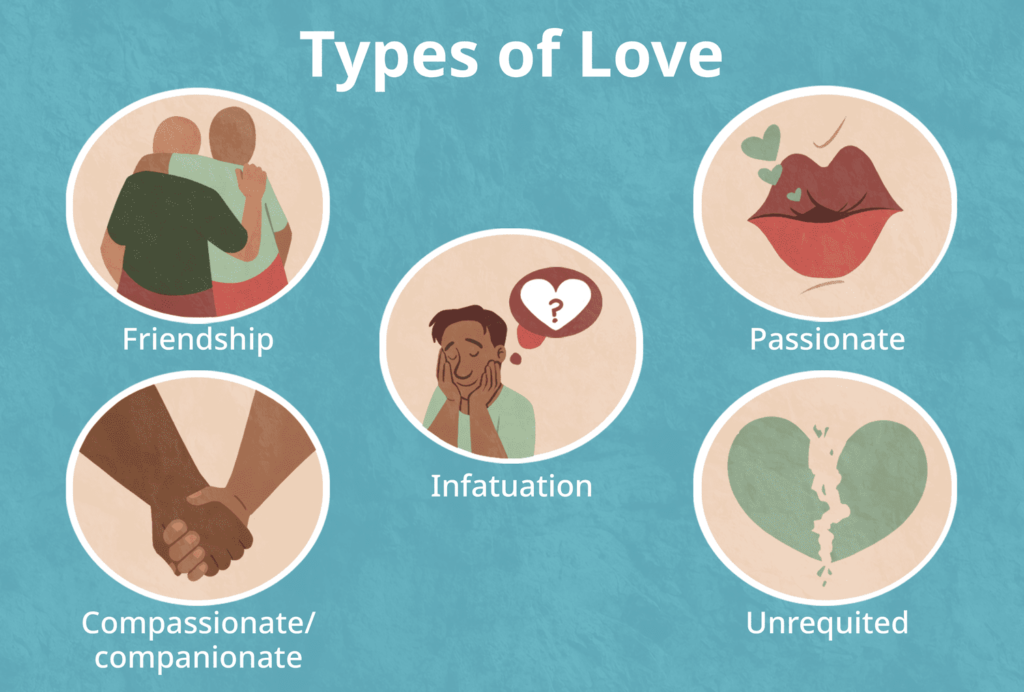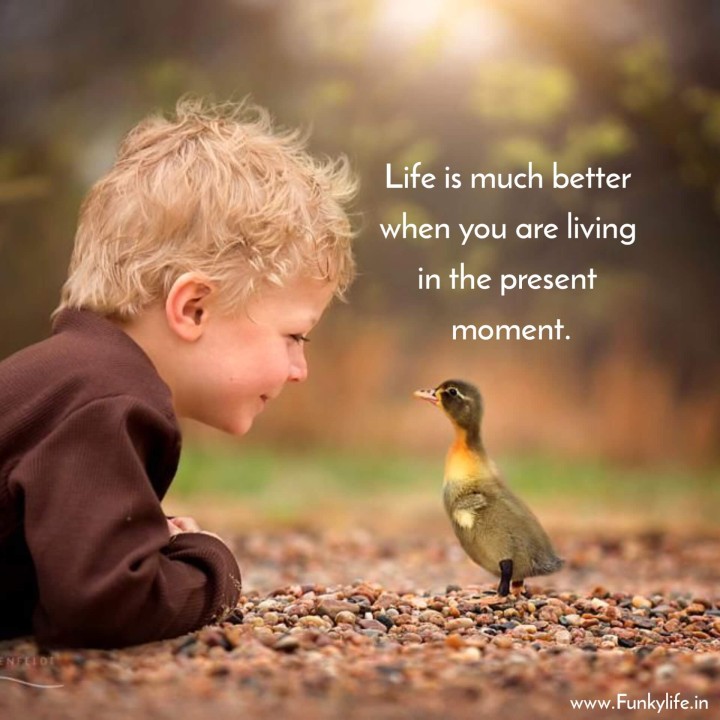Have you ever paused to truly appreciate what you have? In our fast-paced world, it’s easy to overlook the blessings right in front of us. Tymoff’s profound quote, “Love what you have, before life teaches you to love,” serves as a powerful reminder of the importance of gratitude. This article delves into the depth of this message, exploring how embracing gratitude can transform your life.
Understanding the Quote
Breakdown of “Love What You Have”
“Love what you have” encourages us to value our current possessions, relationships, and circumstances. It’s about finding contentment in the present moment rather than constantly yearning for more.
Meaning of “Before Life Teaches You”
“Before life teaches you” suggests that if we don’t learn to appreciate what we have willingly, life’s challenges and hardships may force us to understand this lesson the hard way. It’s a gentle nudge to adopt gratitude proactively.
The Power of Gratitude
What is Gratitude?
Gratitude is the practice of recognizing and appreciating the positive aspects of life. It’s more than just saying “thank you” – it’s a deep-seated acknowledgment of the goodness around us.
Psychological Benefits of Being Grateful
Gratitude has been linked to numerous psychological benefits. It enhances well-being, reduces stress, and increases happiness. When we focus on what we have rather than what we lack, we create a more positive outlook on life.

Cultural Perspectives on Gratitude
Gratitude in Eastern Philosophy
Eastern philosophies, such as Buddhism and Hinduism, place a strong emphasis on gratitude. These traditions teach that appreciating the present moment leads to inner peace and fulfillment.
Western Views on Gratitude
In Western cultures, gratitude is often seen through the lens of positive psychology. It’s recognized as a key component of mental health and emotional well-being.
Real-Life Examples
Stories of Personal Transformation
Consider the story of John, who, after losing his job, started a daily gratitude journal. This simple practice shifted his focus from his loss to the positive aspects of his life, leading to renewed motivation and eventual career success.
Celebrity Examples
Celebrities like Oprah Winfrey and Will Smith often speak about the power of gratitude in their lives. Their stories highlight how appreciating the small things can lead to greater overall happiness.
Practical Steps to Cultivate a Love for What You Have
- Practice Gratitude Daily: Start or end your day by listing things you’re grateful for. This can be as simple as a warm cup of coffee or as significant as the support of a loved one.
- Limit Social Media Consumption: Be mindful of the impact of social media on your perception and mood. Consider setting boundaries around your usage or curating your feed to reduce comparison triggers.
- Engage in Mindfulness Practices: Incorporate mindfulness into your daily routine through meditation, mindful walking, or simply paying attention to your senses during ordinary activities.
- Declutter Your Life: Simplify your physical and digital spaces, commitments, and thought patterns. This can help reduce feeling overwhelmed and increase your appreciation for what remains.
- Reflect on Past Losses: Use past experiences of loss as reminders to cherish what you have now. Let these reflections motivate you to live more fully in the present.
- Redefine Success and Happiness: Challenge societal definitions of success and happiness. Consider what truly brings you joy and fulfillment and seek more of that.

The Consequences of Not Appreciating What You Have
Emotional Impact
Failing to appreciate what you have can lead to chronic dissatisfaction and unhappiness. It creates a cycle of constantly seeking external validation and material possessions to fill the void.
Relationship Strain
Lack of gratitude can strain relationships. When we take our loved ones for granted, it can lead to feelings of resentment and disconnect.
Professional Setbacks
In the workplace, a lack of appreciation can hinder career growth. Employees who aren’t grateful for their opportunities and colleagues may struggle with motivation and collaboration.
How to Cultivate Gratitude
Mindfulness Practices
Mindfulness involves staying present and fully engaging with the current moment. Practices like mindful breathing and mindful eating can help foster gratitude.
Journaling
Keeping a gratitude journal is a powerful way to regularly acknowledge what you’re thankful for. Writing down three things each day that you appreciate can shift your focus towards the positive.
Meditation Techniques
Gratitude meditation involves focusing your mind on things you’re thankful for. This practice can enhance your overall sense of well-being.
Living in the Present Moment
The Concept of Mindfulness
Mindfulness is about being fully present in the here and now. By practicing mindfulness, you can better appreciate the current moment and reduce stress about the past or future.
Practical Ways to Stay Present
Simple practices like deep breathing, nature walks, and even unplugging from digital devices can help you stay present and more appreciative of your surroundings.

Overcoming Obstacles to Gratitude
Dealing with Envy
Envy can be a significant barrier to gratitude. Combat it by focusing on your unique journey and achievements rather than comparing yourself to others.
Managing Expectations
High expectations can lead to disappointment. By adjusting your expectations and focusing on what you already have, you can cultivate a more grateful mindset.
Coping with Loss
Grief and loss can make it challenging to feel grateful. Allow yourself to mourn, but also try to find small things to appreciate each day as part of your healing process.
The Role of Mindset
Growth vs. Fixed Mindset
A growth mindset, which focuses on learning and development, can enhance gratitude. Those with a fixed mindset may struggle more with appreciating what they have.
How Your Mindset Affects Gratitude
Your mindset shapes your perspective. Cultivating a positive, growth-oriented mindset can make it easier to see and appreciate the good in your life.
Building a Gratitude Habit
Daily Practices
Incorporate gratitude into your daily routine with simple practices like expressing thanks, noting down things you’re grateful for, and performing acts of kindness.
Long-Term Strategies
Long-term strategies include setting reminders to practice gratitude, engaging in regular reflection, and surrounding yourself with grateful people.

The Ripple Effect of Gratitude
Impact on Personal Relationships
Gratitude can significantly enhance personal relationships. Expressing appreciation for your loved ones strengthens bonds and fosters mutual respect.
Influence on Community
Grateful individuals often contribute more positively to their communities. Their positive energy can inspire and uplift those around them.
Teaching Gratitude to Others
Tips for Parents
Parents can teach gratitude by modeling it, encouraging thank-you notes, and discussing the importance of appreciating what they have with their children.
Guidance for Educators
Educators can incorporate gratitude exercises into their curriculum, such as gratitude journaling and group discussions on appreciation.
Conclusion
Embracing the wisdom of Tymoff’s quote, “Love what you have, before life teaches you to love,” can profoundly impact your life. By cultivating gratitude, living in the present, and overcoming obstacles, you can create a more fulfilling and joyful existence. Remember, the journey to gratitude is ongoing, but the rewards are immeasurable.

FAQs
What if I find it hard to be grateful?
Start small. Focus on tiny things like a beautiful sunset or a kind word from a friend. Over time, it becomes easier to notice and appreciate the positives.
How does gratitude affect mental health?
Gratitude has been shown to reduce stress, increase happiness, and improve overall mental well-being. It shifts focus from what’s lacking to what’s present.
Can gratitude improve my career?
Absolutely. Grateful employees tend to be more motivated, engaged, and positive, which can lead to better job performance and career growth.
What are some simple ways to practice gratitude daily?
Simple practices include keeping a gratitude journal, expressing thanks to others, and taking a moment each day to reflect on what you’re grateful for.
Is it possible to be too grateful?
While it’s important to be appreciative, balance is key. Being overly grateful to the point of ignoring personal needs or boundaries isn’t healthy. Aim for balanced gratitude.
